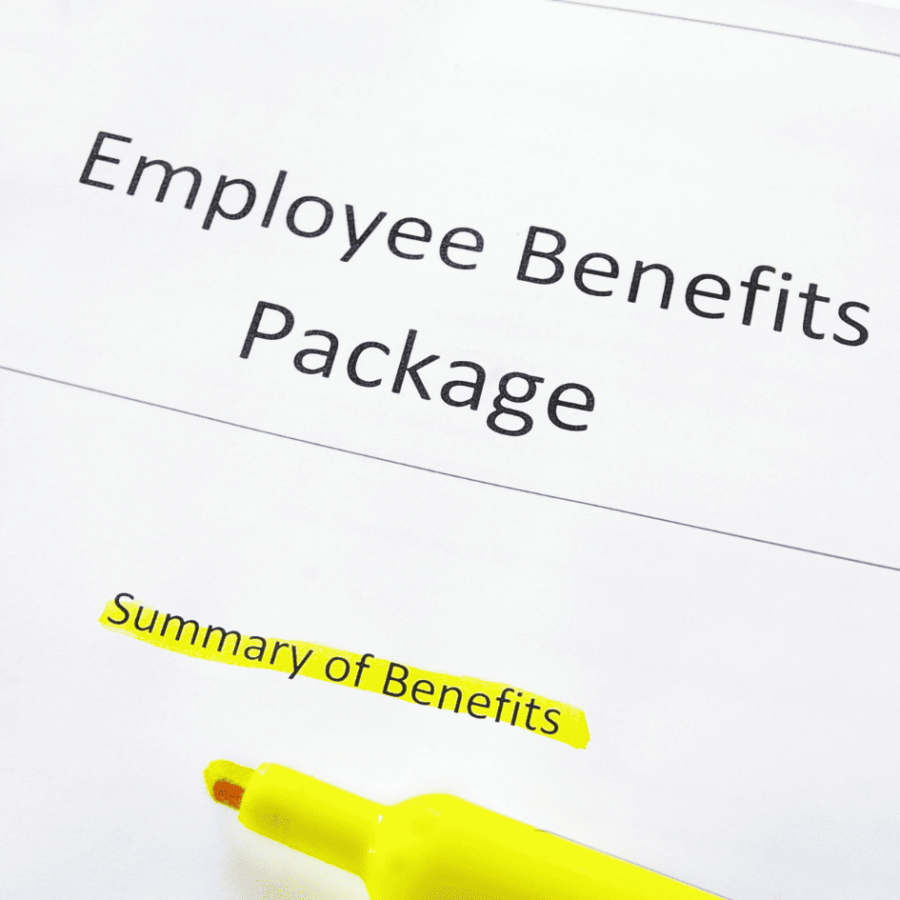What are the accounting and tax implications of providing employee benefits?
As a UK business owner, it is essential to understand the accounting principles and tax implications of providing employee benefits. Offering benefits such as health insurance and retirement plans can help attract and retain talented employees. However, it’s important to understand the costs and reporting requirements associated with these benefits as our Accounting and Business Services partner Derek Shaw explains.
Determining the cost of Employee benefits
The first step in accounting for employee benefits is determining the cost associated with each type of benefit you currently offer or plan to introduce. In the UK, employers are required to contribute to their employees’ pension plans through the automatic enrolment scheme. The contributions are calculated based on the employee’s qualifying earnings and minimum percentage rates.
Other employee benefits such as health and life insurance also have associated costs that must be accounted for. These costs can be reported as expenses on the company’s financial statements.

Understanding the tax implications of Employee benefits
When it comes to tax implications, some employee benefits may be taxable while others are tax-free. For example, in the UK, most employee benefits are taxable, including company cars, health insurance, and gym memberships. However, there are some tax-free benefits such as pension contributions and certain types of childcare assistance.
Employers must also report any taxable benefits on their employee’s P11D form, which must be filed with HM Revenue and Customs (HMRC) by 6 July of each year. Failure to report taxable benefits can result in penalties and fines from HMRC.

In addition to P11D reporting, employers are also required to pay National Insurance contributions on employee benefits. These contributions are based on the value of the benefits.
Staying compliant with Accounting regulations
It is advisable to stay up-to-date with the latest accounting and tax regulations regarding employee benefits. Seeking advice from a professional accountant or tax specialist can help ensure your business is compliant and reduce the risk of penalties or fines.
Accounting for employee benefits is critical to running a small business in the UK. Employers must accurately track and report the costs associated with employee benefits, including pension contributions. Understanding the tax implications of these benefits is also essential to reduce the risk of penalties or fines from HMRC.
Expert accounting and tax advice for business owners
By seeking professional advice from Consilium Chartered Accountants, business owners can achieve compliance with accounting and tax regulations regarding employee benefits. We provide a comprehensive range of Accounting and Tax services for business owners in the UK.
To discuss accounting for employee benefits or for an informal chat about how Consilium Chartered Accountants can help you achieve your business goals, please contact Derek Shaw. A specialist in the SME marketplace, Derek has extensive experience assisting business owners with accountancy, taxation and advisory services in Scotland.
Follow Consilium Chartered Accountants on LinkedIn and Twitter for our latest news and business insights.

